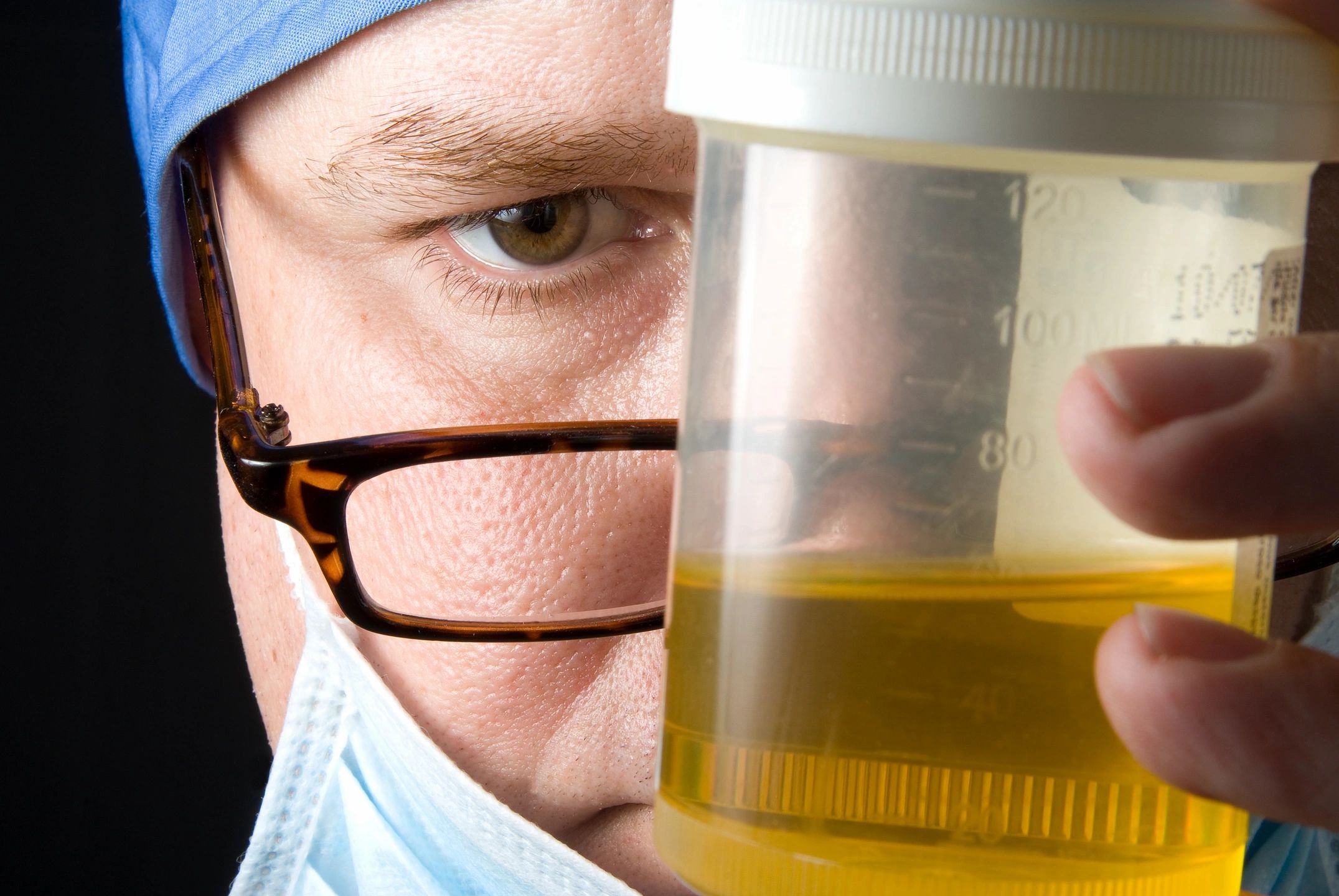The Cost of Lies
Chemistry 101: Drugs – Expectation = Problems
I wanted to discuss a point targeting young parents as the audience which involves drugs. My take is a libertarian one, where people should be free to consume whatever they please as long as they don’t infringe upon someone else’s personal property or well-being. Although as a parent this may not be too pleasing if your son or daughter is making the wrong decisions. Of course, you’d be inclined to police drug use at least until they’re an adult and/or of course they are not harming themselves.
Although when doing so, I feel that there is a disservice parents and general society do on vulnerable teens. This disservice is showering them with information about how damning, evil, dangerous, miserable and irreversible drugs are to ones’ life. No, I’m not saying they are immune from harm, to the contrary. I am saying however that the image and expectation set is incorrect of drugs which allows their excessive usage.
The first problem I see is setting up the expectation that drugs will either immediately ruin your life or create a life-long dependence. Its a far-fetched statement to make—but with ignorance, cliques, hormones and peer pressure it’s more believable. Until of course, it is wildly unbelievable. You are gambling that your son or daughter does not figure out the lie. If a parent tells their child that smoking marijuana is going to lead to addiction, losing their summer job & sabotaging their relationships and it doesn’t… then this is suddenly a liberating experience. Not only did they not fall into a negative experience, perhaps they had a great time. Perhaps they were unaffected at work, met a new friend and had a great sleep—a net positive experience. The mindset of that individual switches from this is always a net negative item to just the opposite, where smoking marijuana becomes implemented in every social circuit, or even on the workplace–ironically, fuelled by ignorance, cliques, hormones and peer pressures. This is where problems begin, a sort of self-fulfilling prophecy.
The second problem is the vagueness of “drugs”. Drugs come in a whole wide variety of class of actions. Prescription medications can be far more harmful than recreational drugs and two recreational drugs can have far different addictive profiles. Cocaine mechanisms of action produces wildly different effects than heroin which is wildly different from LSD. Most people are unaware that Vitamin C, yep, Vitamin C, the stuff in the bottle that your grandmother takes with her food is more toxic than LSD (according to LD50). You’re more likely to overdose on Vitamin C than you are on LSD—the same can not be said about fentanyl. Knowing which drugs do what and teaching children the honest truth behind these substances may yield more responsibility in ones’ actions.
The last problem I want to speak of is what fuels drug consumption. Teenagers are curious and influenced by a myriad of factors by mere existence, but there’s another factor that plays a significant role. Mental Health. I once heard a podcast about 9 years ago where they said if someone can know the effects of a drug, look at a it and say “no thanks, I don’t need it” than they likely won’t be addicted. The person feels comfortable with how things are going in their life as is and don’t have that temptation to compensate for anything. That is so simple sounding, but it really is true–if you’re life is such that you don’t feel the need to fill any gaps than you truly have zero demand for using drugs on a continual basis. Therefore, as a parent I believe it to be more important to go to the source and try to ensure that the son or daughter have a sound mental state of mind so that despite their favourite singer or celebrity doing drugs, they won’t. Don’t blame drugs, blame the user.
I want to hear your own thoughts on sensitive topics like this. Post your own blog here without revealing your name to support a discussion to help those with drug abuse
Overall, society vaguely lies to children leaving them in a haze of mystery and suspicion. Once this haze clears, you’re left with something amount to confidence and thrill, whereby if this persists next to insecurity, anxiety or depression could amount to real issues. My suggestion? Tell it how it is. Tell the pros of such drugs (explaining why people do them) but don’t leave out the important cons (why your son or daughter should not). Do not be afraid to address that the reason why they are using these substances are because they may be unhappy, feel inadequate or lost–treating this at its source is a better alternative than fear-mongering with lies or looking the other way.
Please check out my other articles & I’d be appreciative if you could share it with your friends and family. If you want to hear more about drugs and its dangers, read my terrifying fentanyl article [Members Only]
#StayOnTheBall


